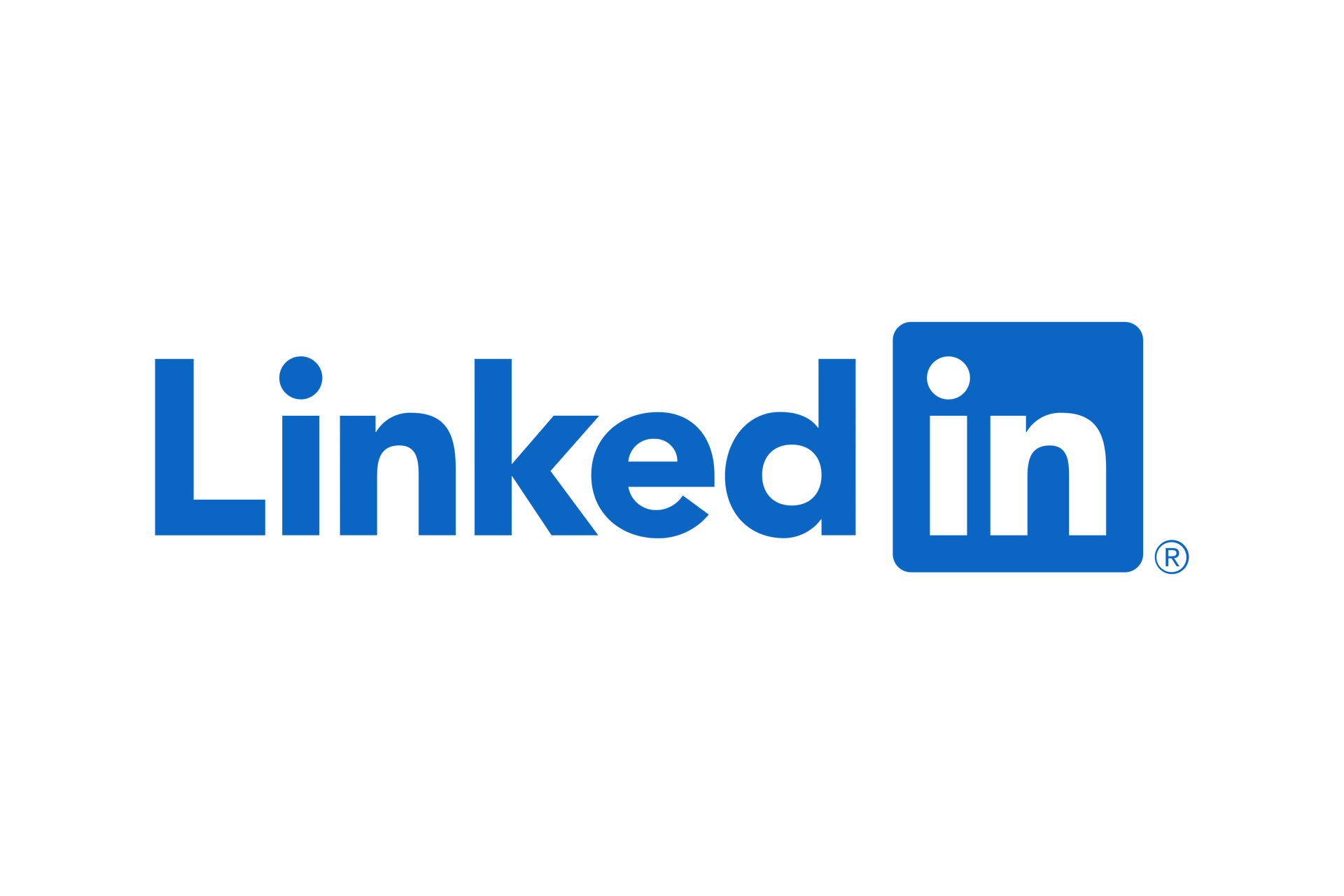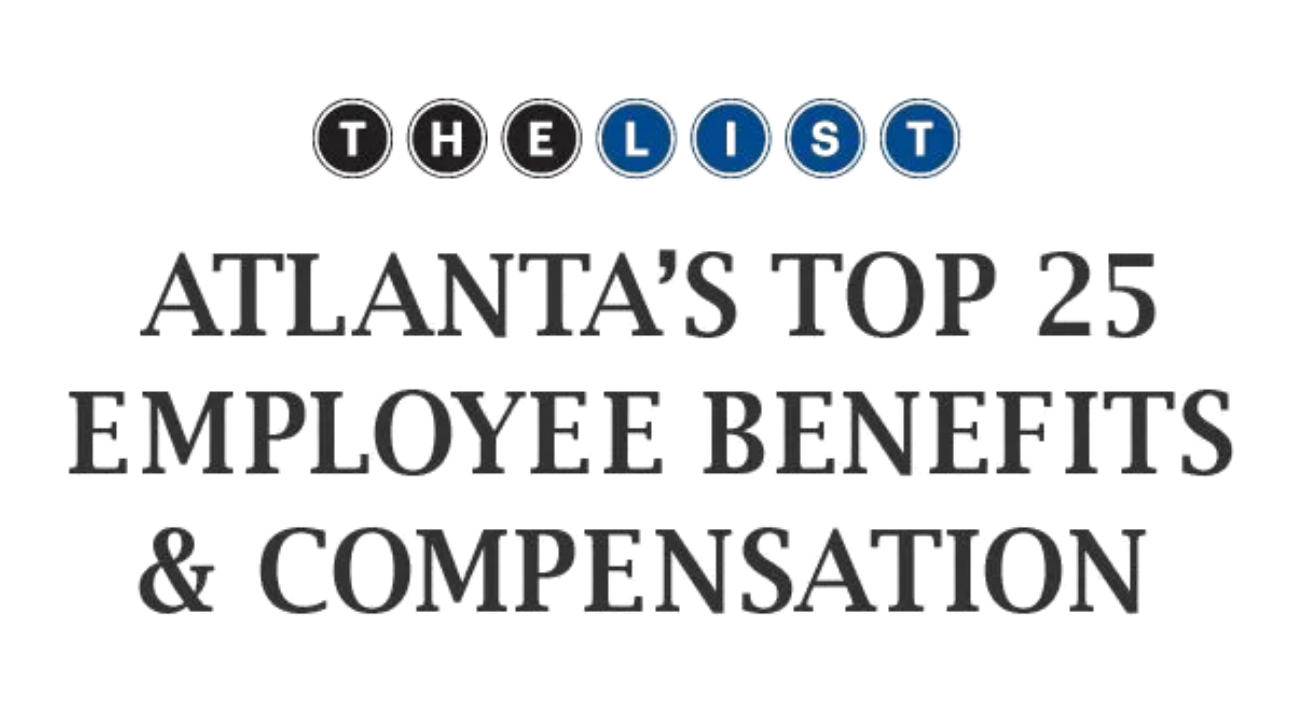Implications of California’s AB 5 for I-9 for Managers and Employees in 2020
By Bill Olson, Senior VP, Operations at United Benefit Advisors
I-9 compliance is fundamental for an HR team when onboarding new employees. Its primary function is to verify the identity and employment authorization of individuals hired in the United States. All U.S. employers must ensure proper completion of Form I-9 for each individual they hire for employment in the United States. I-9 becomes more complicated with the new addition of California’s Assembly Bill 5 (AB 5), which deals primarily with an employee’s hiring status. Under current federal immigration law, independent contractors do not have to be in compliance with I-9. However, with the addition of AB 5, if those contractors are classed as employees their path to compliance will change.
First, some brief background: On September 18, 2019, California Governor Gavin Newsom signed AB 5 into law. AB 5 defines a strict set of requirements that employers must use for determining whether a worker is an employee or an independent contractor. The law, which goes into effect on January 1, 2020, had its beginnings in a 2018 California Supreme Court case involving a same-day courier service that had started to reclassify its workers as independent contractors. (LawLogix).
Currently, California businesses are subject to a variety of tests of employee status, depending on the law in question. However, as of January 1, 2020, the default standard for independent contractor treatment will be the “ABC test.” A worker will be considered an employee rather than an independent contractor if:
Under this ABC set of criteria, there will be huge implications for “gig economy” workers with companies such as Uber, Lyft, and Doordash — a sector that has steadily contributed to California’s overall economic growth.
- The worker is free from the control and direction of the hiring entity in performing the work, both in the contract for performance and in fact.
- The worker performs work that is outside of the usual course of the hiring entity’s business.
- The worker is customarily engaged in an independently established trade, occupation, or business of the same nature as the work performed for the hiring entity.
The Aftermath of AB5
Many employers are wondering whether AB 5 is retroactive and if there will be repercussions outside of California. The legislature included language in AB 5 that is retroactive for Industrial Welfare Commission Wage Orders and violations of the Labor Code “relating to wage orders.” Despite this, it remains unclear what Labor Code violations are sufficiently related to the wage orders to qualify for retroactive application. While there will not be immediate effects of AB 5 outside of California, experts are saying the legislation makes it easier for other states to follow suit and change the classification of independent contractors.
The largest implication of AB 5 will be for those employed within the gig economy, entitling millions of people who were previously not covered to overtime, workers’ compensation, paid sick leave, and business expense reimbursement to name just a few. And there are implications beyond a benefits package. Unlike a salaried or full-time employee, freelance contractors can't apply for unemployment insurance when they lose a job. They also aren't required to be paid minimum wage or overtime and aren't allowed to form a union, as employees are. The repercussions of AB 5 that will be felt in California and potentially around the country will be that these contractors and freelancers will be entitled to similar rights as a salaried or full-time employee.
Brought to you by:













